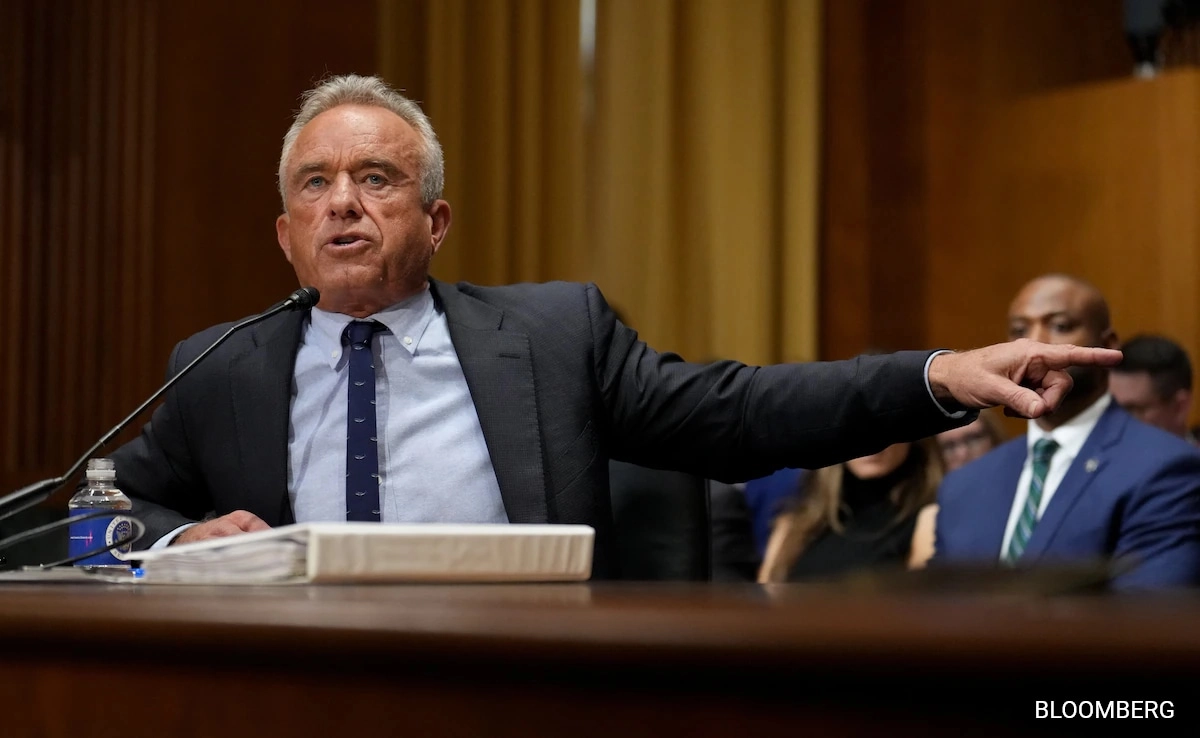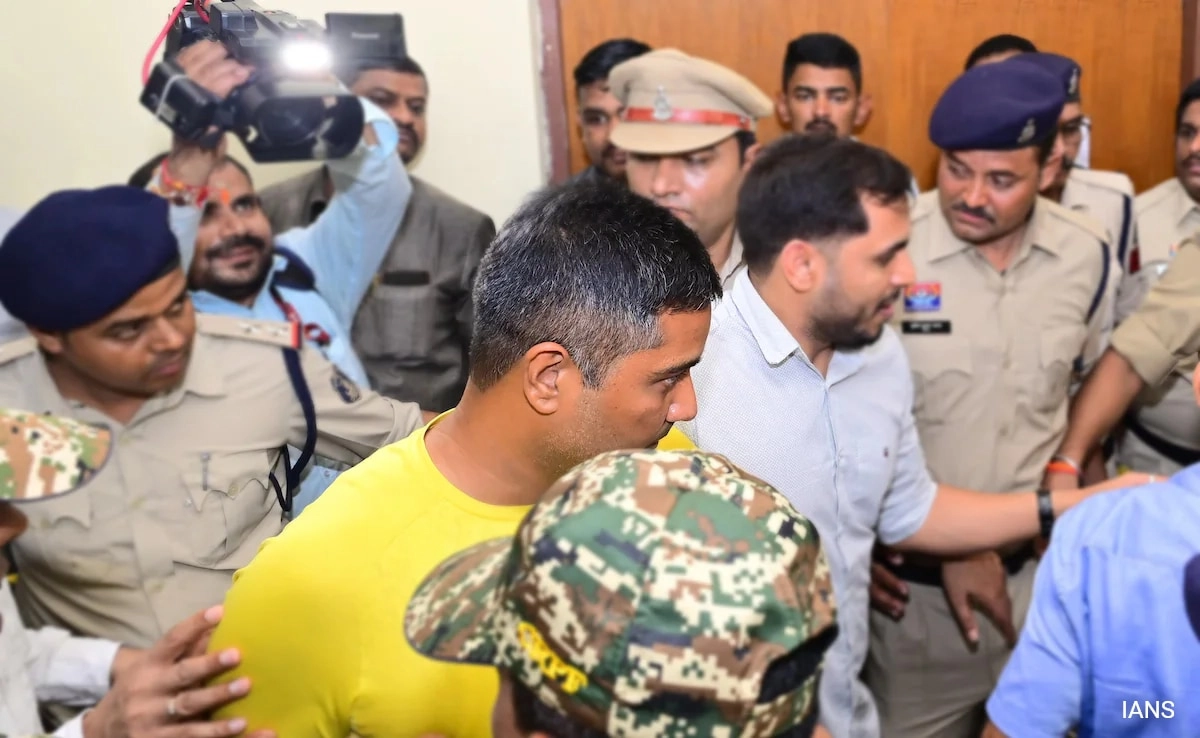In a recent congressional hearing that captured national attention, Robert F. Kennedy Jr. (RFK Jr.), a prominent vaccine skeptic and environmental attorney, engaged in a contentious exchange with several U.S. Senators regarding the COVID-19 vaccines. The atmosphere was charged as RFK Jr. voiced his controversial opinions on vaccine safety and government mandates, sparking a heated debate that underscored the deep divisions in American public health discourse. Senators from both sides of the aisle challenged Kennedy’s assertions, often interrupting him as he presented his views, which have garnered both fervent support and fierce opposition.
The hearing served as a platform for RFK Jr. to articulate his concerns about vaccine efficacy and the transparency of clinical trials, claiming that the COVID-19 vaccines have not been adequately tested for long-term safety. This claim was met with swift rebuttals from senators who cited extensive scientific research and data supporting the vaccines’ effectiveness in reducing severe illness and hospitalizations. The exchange highlighted the stark contrast between scientific consensus and the skepticism that continues to plague discussions around vaccination, particularly amid ongoing public health campaigns aimed at combating misinformation.
As the debate unfolded, it became evident that the issue of vaccine hesitancy is not merely a matter of public health but also a reflection of broader societal tensions. The clash between RFK Jr. and the senators illustrated how personal beliefs, political ideologies, and public health policies intersect, often leading to polarized opinions. The hearing, filled with passionate exchanges, left many wondering how to bridge the gap between scientific evidence and public perception, particularly as the nation continues to navigate the complexities of the COVID-19 pandemic and its aftermath.
Ultimately, the fiery hearing underscored the challenges lawmakers face in addressing vaccine hesitancy while trying to promote public health initiatives. It served as a reminder that dialogue around vaccines needs to be approached with care, empathy, and a commitment to factual information. As the nation grapples with the consequences of the pandemic, the need for constructive conversations about vaccine safety and efficacy has never been more critical. The outcome of such discussions could significantly influence public trust in vaccines and shape future health policies in the United States.




